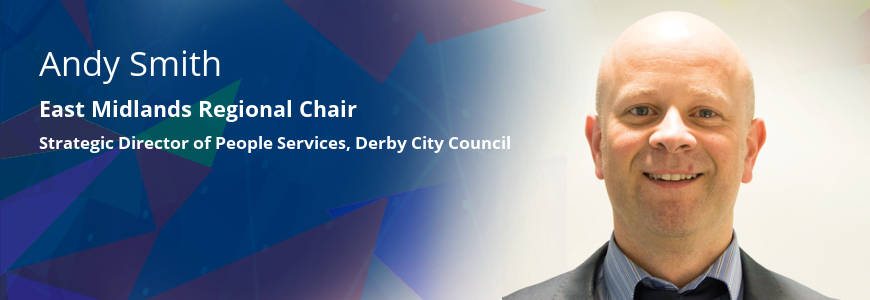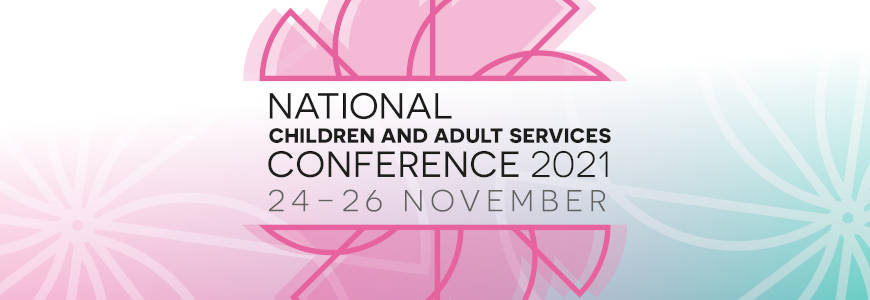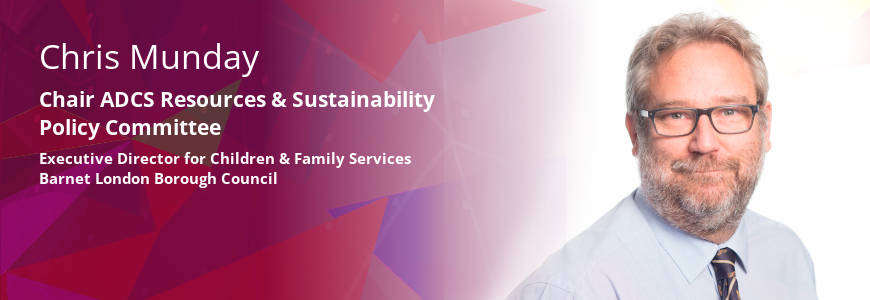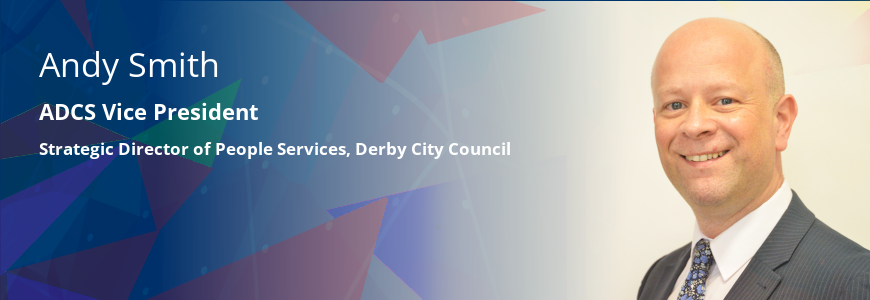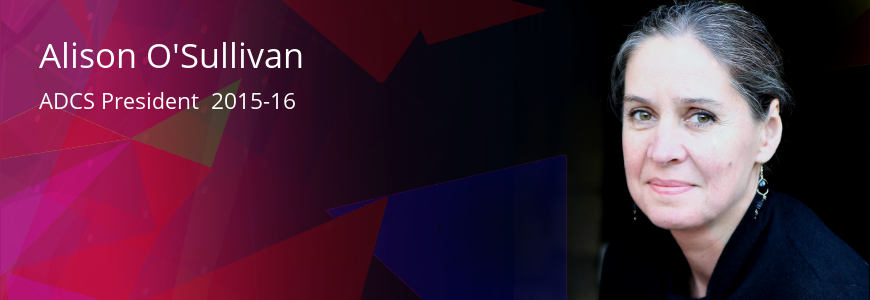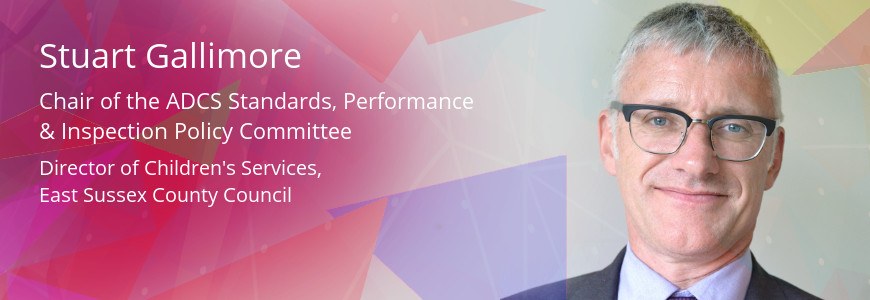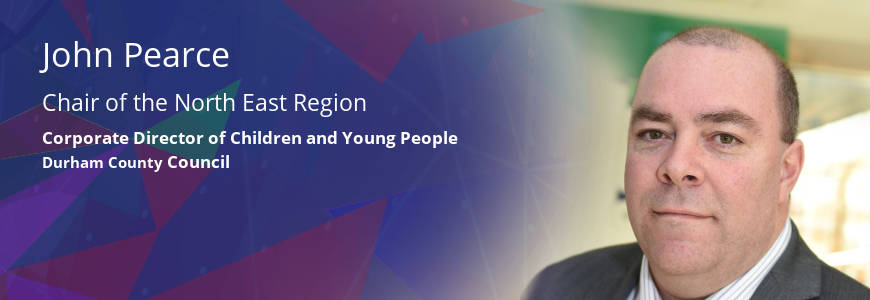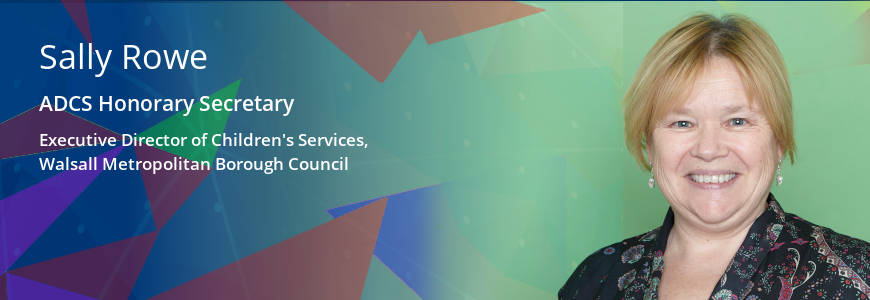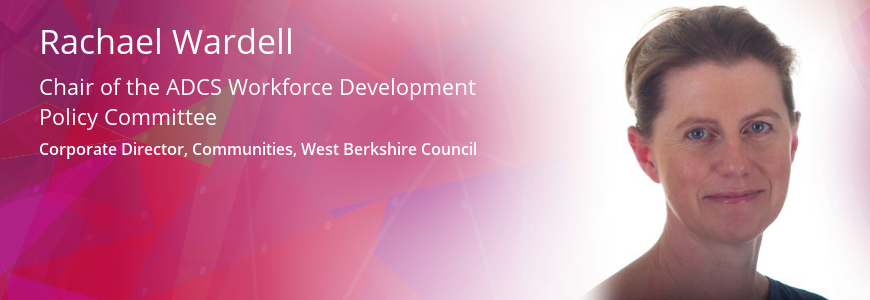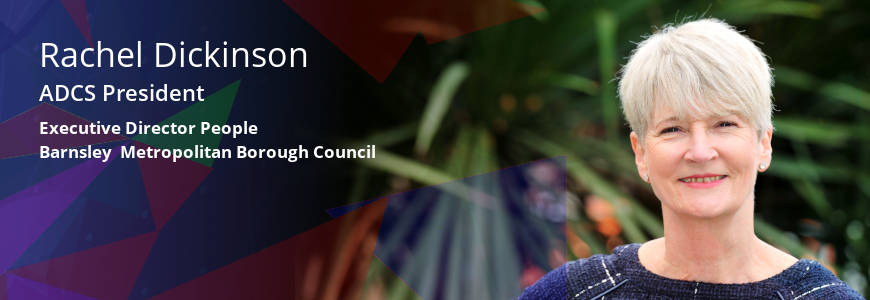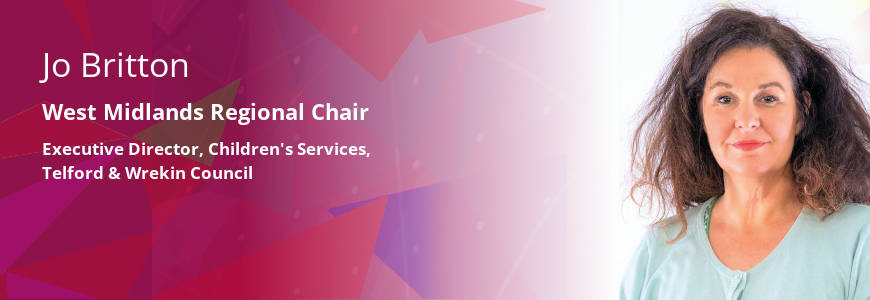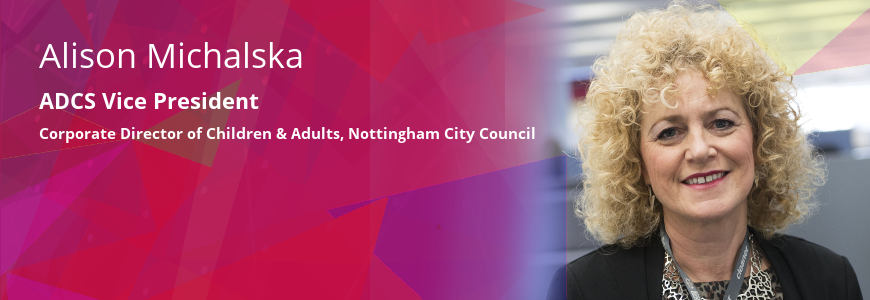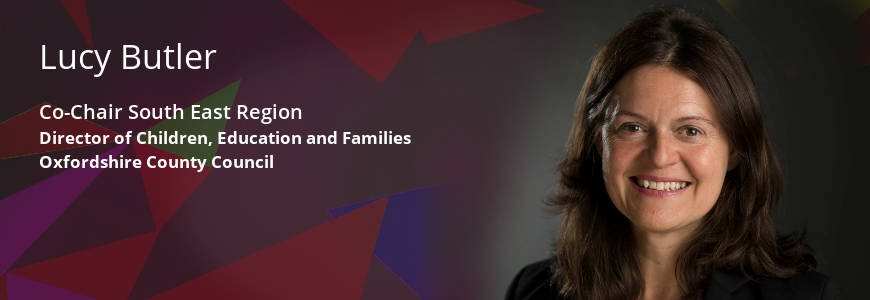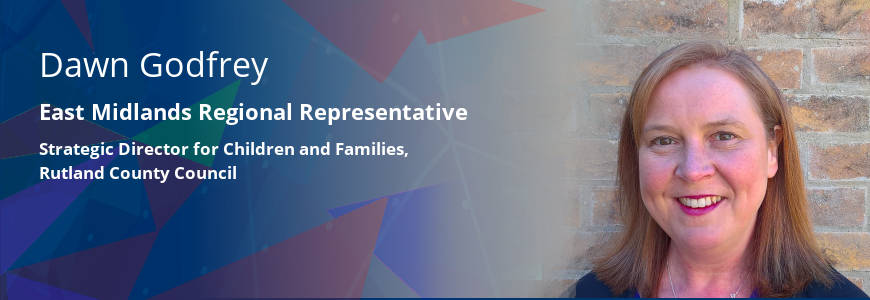The Value of Social Work
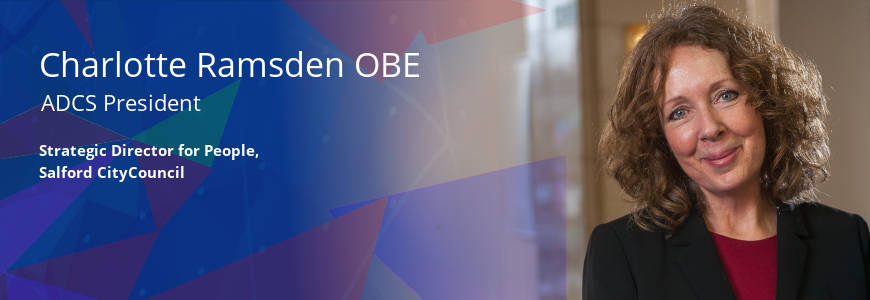
As a DCS, being a qualified social worker is not part of the essential criteria and I know plenty of brilliant DCS colleagues who have found their role though a different route. However, I am proud of my social work background, am still registered as a social worker and still use the skills I learnt. The recent debates about the role and value of social work have called to my roots and caused me to reflect on my time in front line practice and the essential and hugely valuable work our social workers do every day.
Meeting the needs of children and keeping them safe and nurtured, ideally at home, is at the heart of social work and a burning desire to do this led me into the role. Partnership working is crucial and none of us can do this alone, we are a team and all partners matter! A safeguarding focus on the child kept me calm knocking on the door for many a first visit to a family where concerns had been raised. That first meeting is a step into the unknown. It could lead to relief all round and closure of the concern, or the immediate removal of a child. Finely honed skills to manage and assess the situation are essential. Do we assess too much? Unknown families where concerns are not followed up could lead to harm being missed.
Whether the worker is a family support worker offering early support, or a social worker working with a family where there is a high level of concern, I learnt that assessment is a crucial element to plan and deliver the work needed. A skilled assessment can be a therapeutic process which enables the family to discover more about themselves as an agent for change. No-one, whatever their role, is protected from the responsibility of acting to safeguard a child if circumstances require it, and “professional curiosity” is part of working with children at all levels of need. Safeguarding is, and always will be, everyone’s business. Building meaningful relationships, despite those challenges, is central to Social Work, as it is to all those working with children. For me, any potential divide is a false one and fraught with risk.
My biggest fear was always that a child would come to harm on my watch and we have only to look at the Jenga blocks of our system outlined in the current Case for Change; laws and regulations, court judgements, Ofsted inspections, government reports and the judgements of the press and social media, to realise my fear was well founded. My fear, however, was not how others would judge me but that I would fail a child. To know that a wrong judgement could impact on the safety, or even life of a child, is pressure indeed. Our social workers live with these risks every day. Thank goodness for a clear expectation of the need for supervision, support and partnership working to provide reflection and challenge for the difficult decisions, and we need this for all our workers. We are proud to be one of the safest children’s services in the world, but we don’t get it right all the time.
In this time of review and potential change, there is plenty to reflect on. What is our appetite for shifting the Jenga blocks to live with greater managed risk? Which children would see benefit from this shift and which ones might suffer? How do we apply the wealth of good practice available as widely as possible? Social workers are living in a grey area of conflicting expectations which are managed every day. Despite that, our children matter. There are stories abound of those who work with children going the extra mile because children matter so much, but sadly these are rarely the ones we hear about. Do we love those in our care? When a child in care I loved died of natural causes, my grief was overwhelming. As someone said to me then, “you really identified with her didn’t you”. Wherever the current review takes us, the huge value of social work is clear.
Related Blog Articles
Since the start of the lockdown I’ve found it inspiring how children’s...
In General
At some point over the past 20 months most of us will have attended a virtual...
In General
Long before I became a Director of Children’s Services, in the annals of...
In Care
It’s the day after Boxing Day as I write this blog and whilst I hope many of...
In Care
At the recent ADCS policy seminar I was asked by a fellow Director of...
In Workforce
Starting the new year, I’m sure we are all glad to see the back of 2020 but...
In Safeguarding & Child Protection
I’ve recently been thinking about what it’s like to be a social worker, or...
In General
This Tuesday (21 March) was World Social Work Day. There was lots of activity in...
In Workforce
Yesterday marked the beginning of this year’s National Care Leavers Week which...
In Care
The Behind Closed Doors preface ends with the statement “I explore an...
In Early Help & Families
November can be an odd month. We are not yet at the end of the year but are...
In General
So what do we mean by trust? Ask someone to define ‘trust’ and you’ll get...
In General
On 22 May I joined many other people in watching a Panorama programme exposing...
In General
There were two social workers, a nurse, and a magistrate sitting in a bar…....

